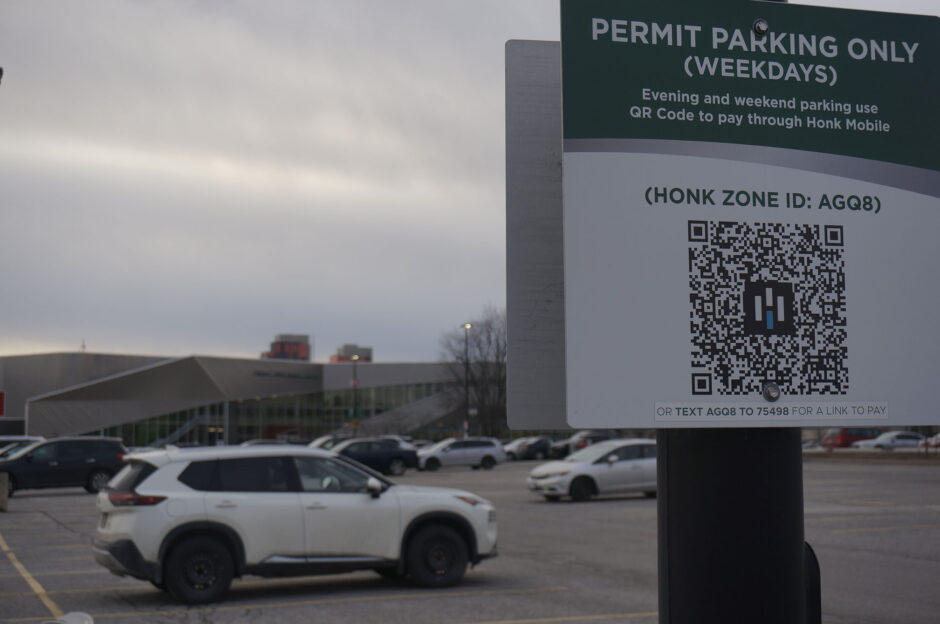Grad’s documentary highlights Ottawa’s broken transit system

After graduating from Algonquin College’s broadcasting program in 2020, Gio Petti entered the world of media design and podcasting. His creativity and passion led to the production of the transit documentary Dude, Where’s My Bus.
It began with the realization that public transit was more than just an inconvenience Petti struggled with: it affected everyone’s lives.
“I’d wake up at 6 a.m., get ready and head out for the bus, but it never showed up,” said Petti. “It wasn’t just me, there were dozens of people around me, depending on the same system. It just didn’t make sense. I thought, why isn’t anyone talking about this?”
Though Petti wasn’t a trained journalist, he had a media design and podcasting background. He also wasn’t just looking to talk about the troubled transit situation like a reporter, Petti wanted to capture the human elements: the struggle, frustration and consequence of a broken system.

Research
The first step was diving into the history of Ottawa’s transit issues. Petti began researching everything from the 2006 LRT cancellation to the recent breakdowns of the LRT system.
“I was shocked by what I found. We were supposed to have this big LRT project back in 2006, and instead, we ended up paying millions in legal fees,” said Petti
Public knowledge surrounding this was minimal. Many people didn’t know about the 2006 LRT cancellation. Petti decided in his documentary to feature these key pieces of information to educate viewers about how Ottawa got to where it is today and how deeply rooted the program is.
Interviews
Petti reached out to city officials and local politicians for his documentary, and he had the opportunity to interview local councillors.
“I thought I’d just get some canned answers, but I was impressed by how open some of these councillors were,” said Petti.
A big problem with the transit was the unreliability of when buses would come. Petti said sometimes he didn’t know if a bus was late or early due to how off the time was. This led to speaking with people about the performance versus the reliability statistics.
“Performance means the route actually went out; the reliability statistics means within certain acceptable time range,” said Riley Brockington, transit chair board member and city councillor of Ward 16 in the documentary. So, you could have a bus that’s an hour late but still goes out that meets the performance stat, but if it’s an hour late it doesn’t meet the reliability stat. So, performance stats are actually high in the City of Ottawa, it’s the reliability data that is not acceptable.”
Documentary message
As Petti finished the documentary, it was clear that it was about more than just buses. It was about the systemic failure and the human tolls that are overlooked by the city.
“It’s like planting a tree,” said Brigette Pellerin, an Ottawa author and journalist, in an interview with Petti. “The best time to do it was 20 years ago. The second-best time to do it is right now.”
The documentary is a call to action, a way to get people talking, questioning and demanding accountability for those in power.
“I wanted to show that this isn’t just about a missed bus,” said Petti. “It’s about people’s lives being disrupted, people losing jobs, missing appointments or just not having the freedom to get where they need to go.”








